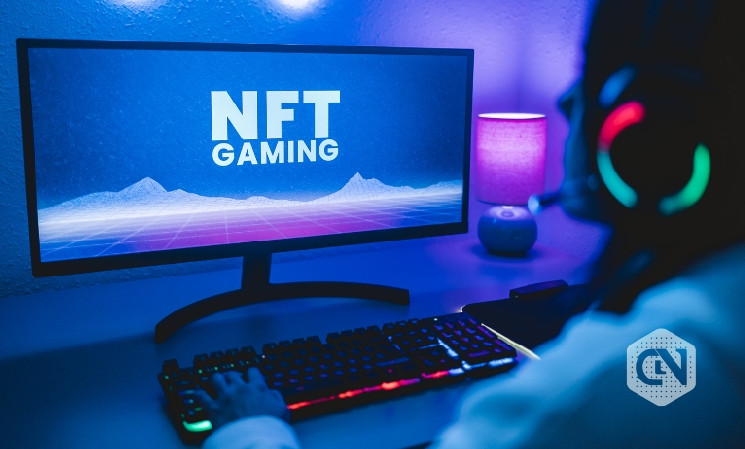The integration of NFT with gaming platforms greatly facilitates the segment’s growth. Players were quick enough to identify that having non-fungible tokens in the ecosystem brings the possibility of owning a piece of a digital item. Plus, digital representation made it more desirable. Hence, NFT gaming platforms have grown around the world.
The entrance of cryptocurrency into the market has continued this trend. Many NFT gaming enthusiasts regard this as a watershed moment for gamers who now have the option to smoothly sell, buy, and exchange their digital items. All they needed to do was connect their crypto wallets to the platform. However, issues exist even now.
The macro level sees them struggling for mass adoption, while the micro level witnesses a more technical challenge for them. It entails market volatility, regulatory uncertainty, and traditional integration, to mention a few. The benefits are hard to ignore, but the challenges overshadow them.
For instance, the market has yet to draw a pattern that drafts concrete speculation about the crypto movement. Digital currencies are known to change their prices every minute. Some are volatile to the extent that the value changes within seconds. An increase heavily weighs on the wallet. A decrease, on the other hand, puts pressure on gamers to consider their decision about investing in wallets for integration.
Similarly, regulatory uncertainty pertains to legal and rightful operations on domestic and foreign soils. Not every government is singing praise for crypto. Platforms lag behind the idea of KYC and AML rules. Contesting for the spot thereby takes a back seat. Traditional integration sheds light on how the world of traditional gaming welcomes NFT gaming platforms. Some of the best crypto casinos have been able to update their systems amid the rising demand. That lacks validity when it comes to other segments.
Achieving interoperability is still a challenge. Energy consumption makes up for environmental issues. This is happening at a time when there is a voice in unison to protect the green buddies. Bitcoin leverages Proof of Work which only complicates matters for the network. The said blockchain type is still under scrutiny.
The user experience and transaction fees fluctuate at all times. The necessity to create a wallet and integrate it with each platform with which they wish to interact adds to the complexity. After users set up a wallet, they also comprehend cryptocurrency transactions. This lowers consumers’ enthusiasm levels. Transaction fees fluctuate due to network congestion. It is an unrealistic goal to know when network congestion is at its lowest.
Nonetheless, NFT gaming platforms have been able to live up to their reputation. For instance, achieving interoperability has been hailed several times, irrespective of its complications. NFT gaming platforms have also been able to secure funding via crypto. For reference, the segment attracted $1.4 billion between May and November last year (2023).
The challenges that exist at the moment are likely to be eliminated by NFT gaming platforms in the years to come.



